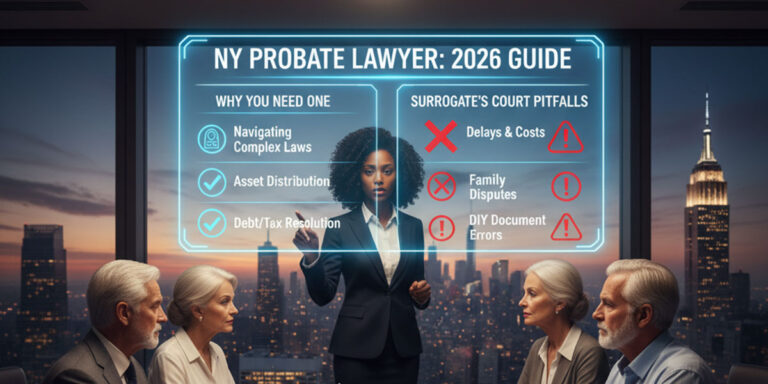You may currently be enjoying Medicare benefits. But then you realize you are also eligible for Medicaid. Now you’re wondering, does getting Medicaid affect Medicare? Will applying for Medicaid annul your eligibility for Medicare in Brooklyn?
The answer is no.
Medicare and Medicaid are entirely two different things. Getting Medicaid will not affect your Medicare; neither will Medicare affect your Medicaid.
As a Brooklyn resident, you can get Medicare and Medicaid benefits at the same time if you qualify for both.
Differences between Medicaid and Medicare
Many people mistake Medicaid for Medicare. These are actually two different things for different purposes. They also have different eligibility requirements.
So let us see the distinguishing features between these two public health care benefits.
- Age: While only seniors of at least 65 years can apply for Medicare, any adult or minor may be eligible for Medicaid.
- Structure: Medicaid is an insurance program wherein the people who are covered must have paid premiums into. But Medicaid is an assistance program that comes freely.
- Coverage: Medicaid covers people of all ages who are below a certain asset and income limit. Medicare covers disabled, people over 65 year of age, and people in dialysis, no matter how wealthy they are.
- Authority: Medicaid is run by states and local governments within federal guidelines. But Medicare is entirely run at the federal level.
Let us now take a deeper look into Medicaid and Medicare
Medicaid
Medicaid is a program that covers the healthcare cost of low income Americans who cannot afford the high cost of assisted living.
Notably, Medicaid caters to people of all age unlike Medicare. It caters to children and older adults, each with their own requirements, nonetheless.
The following persons can apply for Medicaid
- Adults earning below $884 monthly and having an personal assets worth less than $15,900
- Pregnant women
- Single individuals
- Children below 18
- Someone having blindness or other disability
- Parents and caretakers
- New York residents
- Legal aliens.
- An individual with huge medical bills
Eligibility for Medicaid is typical determined by your income. If you earn over the limit of $884 monthly with estate worth over $15,900, you may not qualify for Medicaid.
What does Medicaid cover?
Medicaid covers a host of things that border on long term care, whether in a nursing home facility or at home. It covers:
- Doctor visits
- Hospital expenses
- Home health care
- Nursing home costs for long term care.
- Pediatric and family nurse practitioner services, and the likes.
Medicaid does not cover prescription drugs.
Medicare
Medicare typically caters to seniors above the age of 65 and other disabled individuals. The social program is made up of four parts as follows:
Part A: Hospitalization coverage
Part A of Medicare covers the cost of staying in the hospital for an individual of 65 years or older. There is no income limit for this benefit. However, eligibility demands that the individual or their spouse must have worked and paid Medicare taxes for up to 10 years. Most people usually don’t pay premiums for part A.
Part B: Medical insurance
Part B covers medical equipment and services for hospitalized individuals. The coverage includes cost of lab work, x-rays, outpatient care and treatment, doctor’s visits, and disease screenings.
Most people who qualify for Part A also qualify for Part B. However, they would need to pay a higher premium for Part B if they earn over $88,000 annually ($176,000 for couples). Deductibles and coinsurance apply.
Part C: Medicare advantage plans
Those eligible for A and B are automatically eligible for part C. However, the benefits here are provided by private companies associated with Medicare. This part offers coverage for vision, hearing, dental and prescription costs.
It is a wise idea to consider whether you will need these services because you may have to pay for such special services from your bank account.
Part D: Prescription drug coverage
Individuals must pay monthly premiums, a yearly deductible, and co-payments to get continued access to prescription drug. Note that Part C also covers prescription drug coverage. So if you have already enrolled in that part, you shouldn’t bother about this part.
Medicaid and Medicare planning
Medicaid and Medicare are two vital things to include in your long-term care planning. Long-term care is costly and can cut deep into your purse. In the end, your survivors will not have substantial assets to inherit from you.
If you wish for your loved ones to inherit all that you’ve toiled for, then you need to start planning now. Call us for expert assistance from our elder law attorneys Brooklyn.






